The Origin of the Buddha Image
Ananda K. Coomaraswamy's The Origin of the Buddha Image is a detailed study and analysis of the controversial problem. In the present monograph, with his usual acumen and deep understanding of the subject, Coomaraswamy has laid bare the facts which clearly show that the Buddha image was a product of the Indian mind. In this detailed excurses, he has discussed the problem not only with a view to prove that the Buddha image originated out of the pre-existing Indian forms, but has also taken pains to disprove the theories of those scholars with whom "Indo-Greek art has become a veritable obsession." Coomaraswamy has divided the work into the following heads: (1) What is the Buddha image?, (2) The early representation of deities by means of symbols, (3) The necessity for a Buddha image, (4) Elements of the later anthropomorphic iconography already present in early Indian art, (5) Style and content: differentiation of Indian and Hellenistic types, and (6) Dating of Gandhara and Mathura Buddhas. According to Coomaraswamy, every element essential to the iconography of Buddha and Bodhisattva figures appears in early Indian art before the Buddha figure of Gandhara or Mathura is known. For this, he says we have only to look at a sequence of examples beginning with the Parkham image and culminating in the Mathura types of the Gupta period to realize that there is no room at any point in the intercalation of any model based on the Hellenistic tradition: he has even suggested that the Gandhara iconography itself is derived from the pre-existing Indian forms, either through Mathura or otherwise.
Get it now and save 10%
BECOME A MEMBER

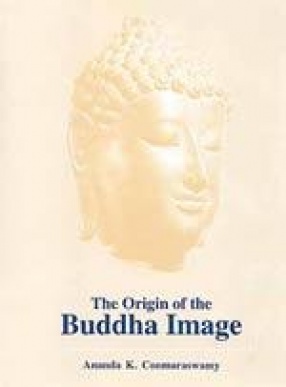
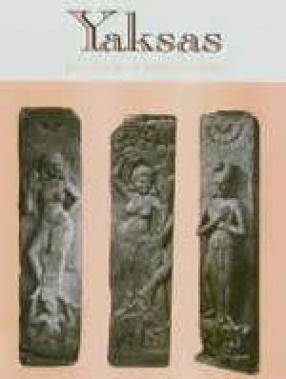
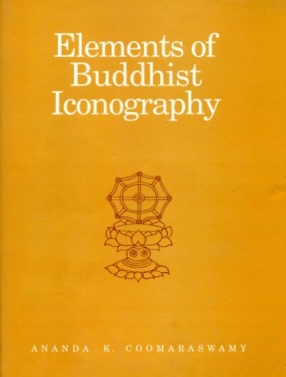
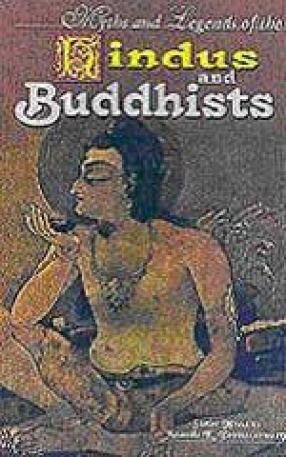
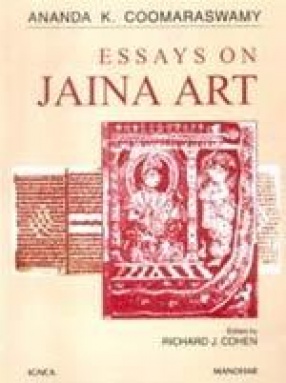
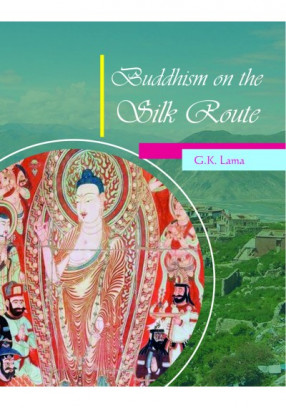
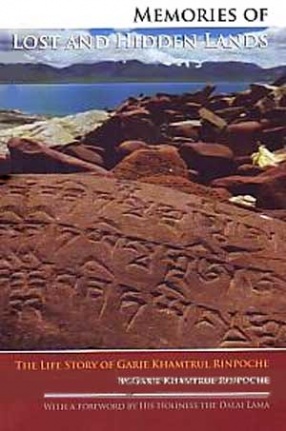
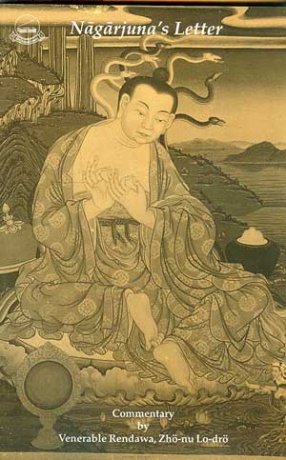
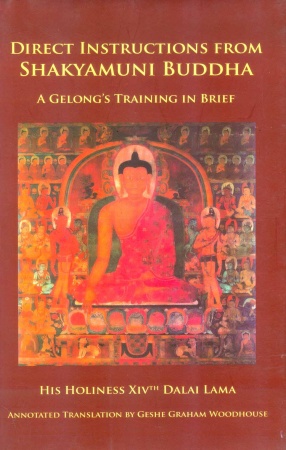

Bibliographic information